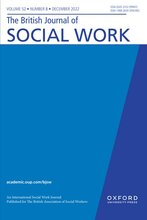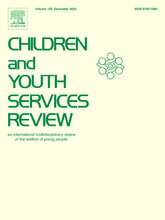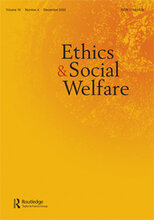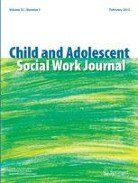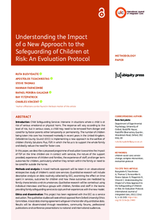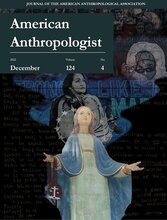Displaying 1381 - 1390 of 14555
This document is a summary of key findings and points of discussion that were highlighted by presenters and participants during the Addressing the need for foster care in the context of the Ukraine crisis learning event that took place on 7 September 2022.
This case study outlines the financial impact of the transition of Bridges Safehouse, an organization that provided support to a total of 834 children, youth and adults, through their residential and community-based intervention programs combined.
The purpose of this qualitative study was to examine sibling relationships and sibling separation amongst adults with prior foster care experience in England.
Using national child welfare data, the authors examined a subset of foster children (7%) who entered care due to parental incarceration in the U.S.
This study explores young people’s perceptions of their existential well-being during the transition after leaving care. The study involves peer research with young people leaving care in Finland and England.
In this cross-sectional comparative study, the authors assess the outcomes of emancipated youth in the U.S. after the initiation of an extended after care program and compare the results with the outcomes drawn from a prior study conducted twenty years earlier. Overall, young adults in the 2021 study fared significantly better than their 2001 counterparts.
In this paper, the authors describe a proposed programme of evaluation to examine the impact of a new approach to the welfare of children in England on the time they are in contact with services.
This article explores the concept of solidaridad, considers its enduring currency in kinship discourse in Spain, and analyzes various case studies from the authors' respective research projects.
The FAQs document, Every Child’s Right to Family Life: Introduction to Family Strengthening and Alternative Care in India, compiled by the India Alternative Care Network (IACN) in collaboration with Hope and Homes for Children (HHC) and UNICEF, India, was launched at the Workshop on De-institutionalisation and Family Based Alternative Care organised by the Department of Women and Child Development, Govt. of Kerala, in collaboration with UNICEF, India. IACN and HHC are organising a webinar to talk about the FAQs document, its key components, and use.
Army Rangers killed her parents. A Marine is raising her in America. But her Afghan family says she was taken under false pretenses.



